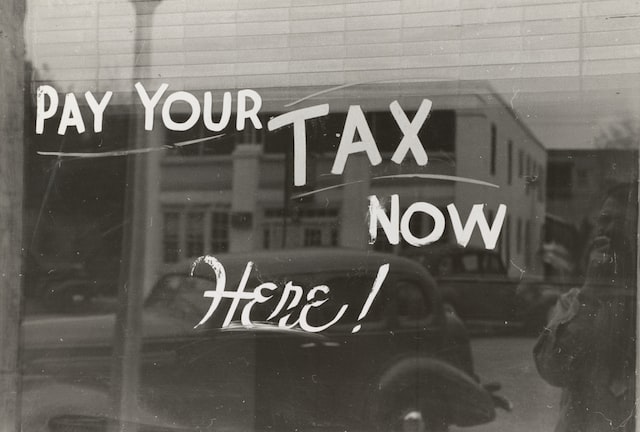
Homeowners frequently get a surprise when they receive their 2022 property tax evaluation letters. Compared to a year ago, these assessments are typically much higher now. What effect will these higher values have on property taxes in the future? What can you do if you believe your assessment is too high?
Sleep before the storm
Even during the outbreak, nationwide home sales remained high. The few homes that were offered for sale saw higher bid prices due to a crowded market of buyers.
Appraisal districts lagged behind this growing trend. Appraisal districts use comparable sales prices from the previous six to twelve months to determine values. In places where appraisal districts conducted yearly valuations at the beginning of the year, the rapid increase in house values that year was not sufficiently reflected in property tax evaluations for 2021. These value gains are now taken into account in property tax assessments for 2022.
The Federal Reserve increased interest rates three times through June 2022, and fewer homes are being sold. This might bring prices back down to earth, which would cause valuations to level out or even see a slight decline in 2023. County and state governments, on the other hand, might raise tax rates if values decline since their operating costs are fixed.
Tax capped
Even if the value of your property rises by 50%, the amount of taxes owed will not necessarily rise by 50%. The maximum yearly percentage that homestead property taxes can increase is set by a property tax limit, which is present in almost every state. (Frequently, residences utilized as investments are exempt from these restrictions.) Although each state has its own regulations, national maximum increases of between 3 and 10% are usual.
States also have limitations designed to protect particular groups, such veterans and those over 65.
Dispute the assessment of your property taxes
The valuation of your property for tax purposes is subject to challenge. Unless you believe the assessment is reasonable or even undervalues what you believe your property is worth, you should use this right. A paperwork including instructions on how to file a protest will be sent with your assessment notification.
Your protest cannot be supported by vague claims of an unfair pay increase. Instead, provide proof of comparable sales prices in your neighbourhood to back up your claim that the assessment is excessively high.
You might hire an experienced protest business to challenge your property tax assessment on your behalf. Usually, you give these companies a part of the cash you save on taxes. If the business is unable to lower your tax liability, you pay nothing.

